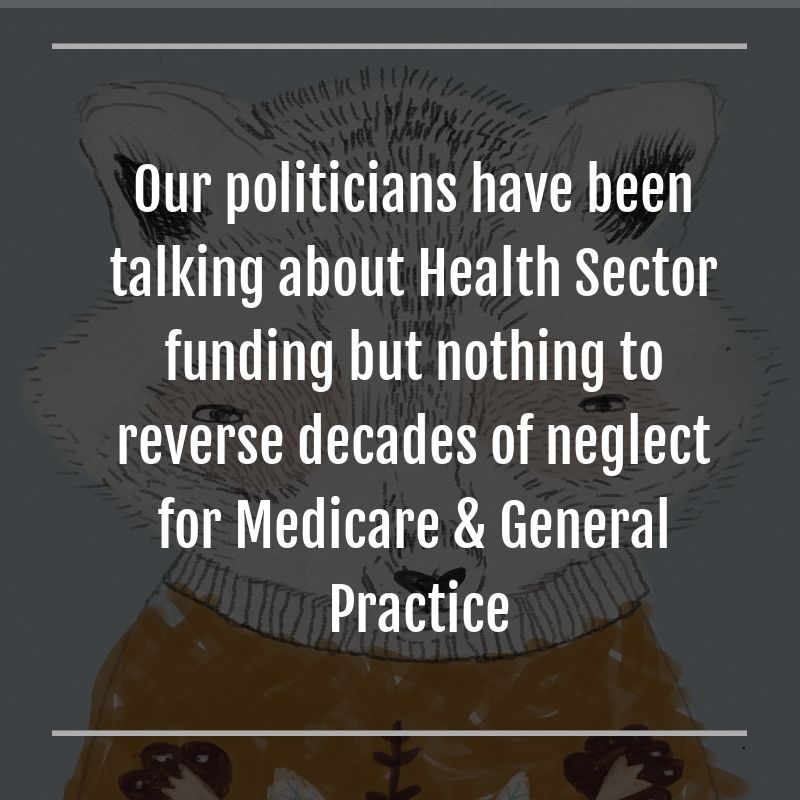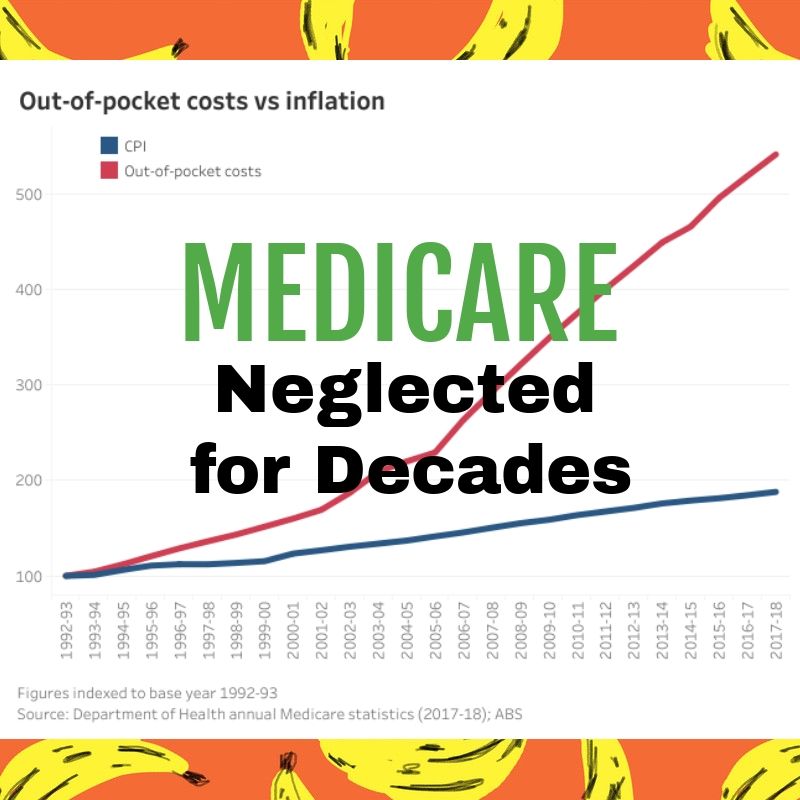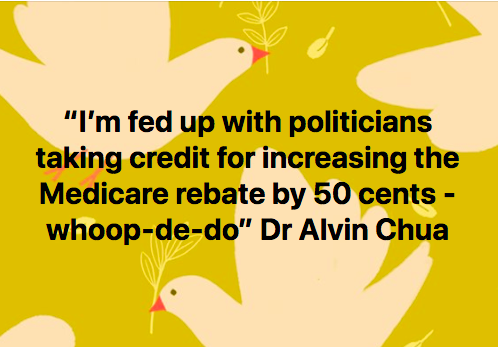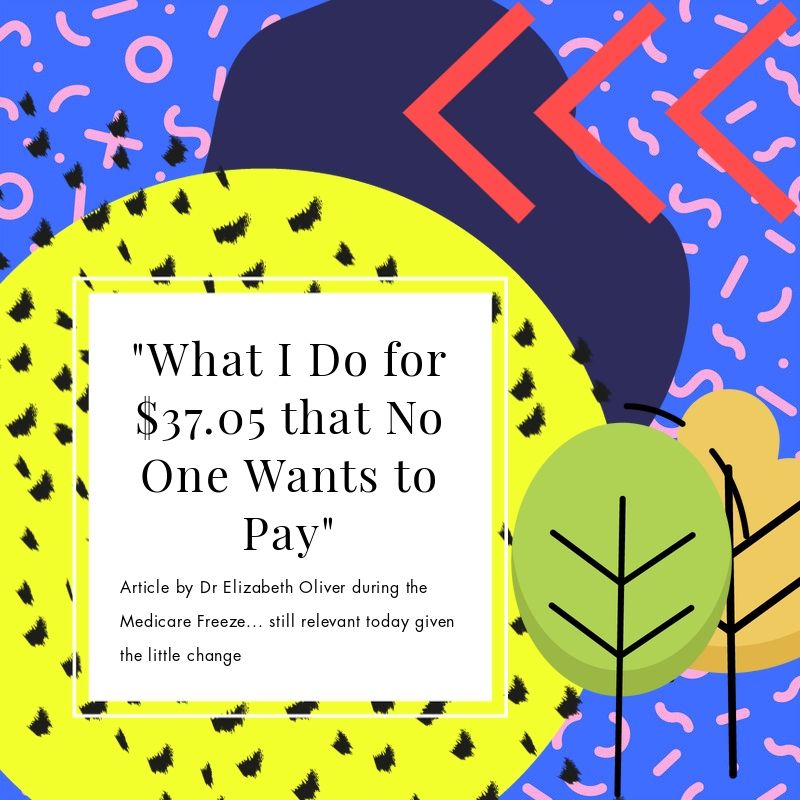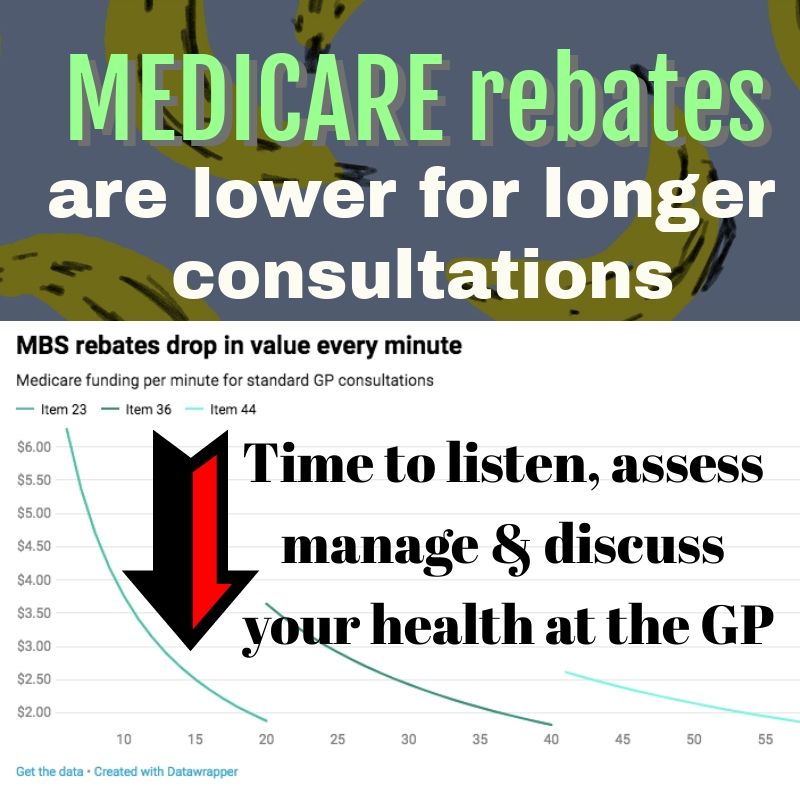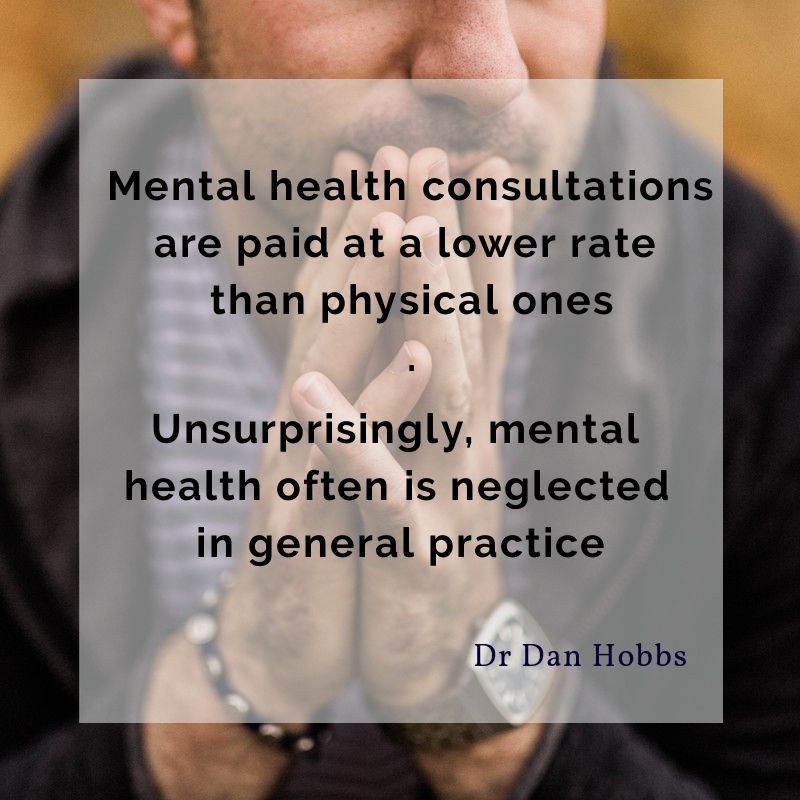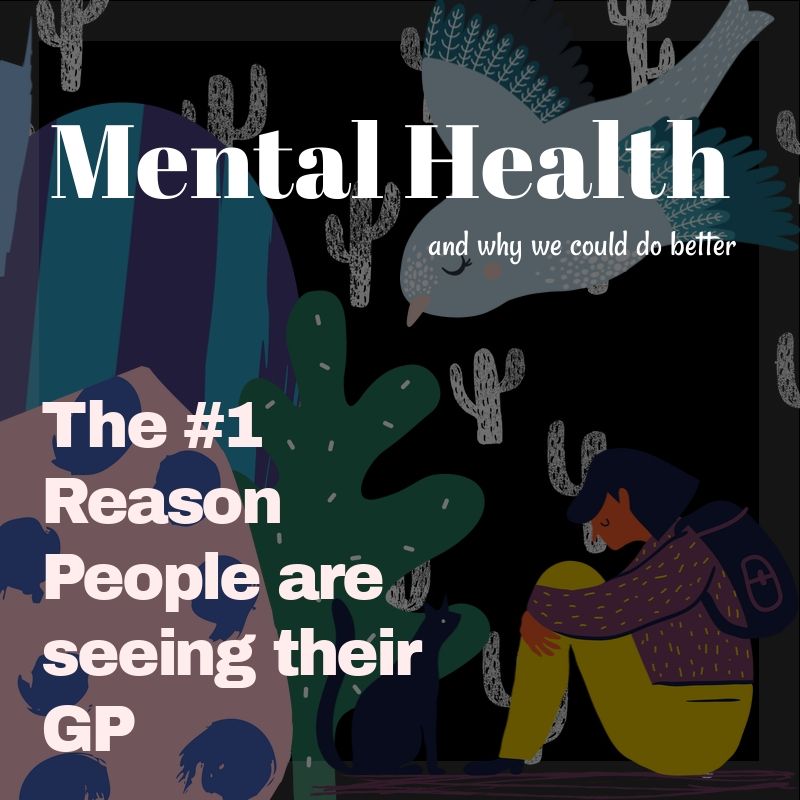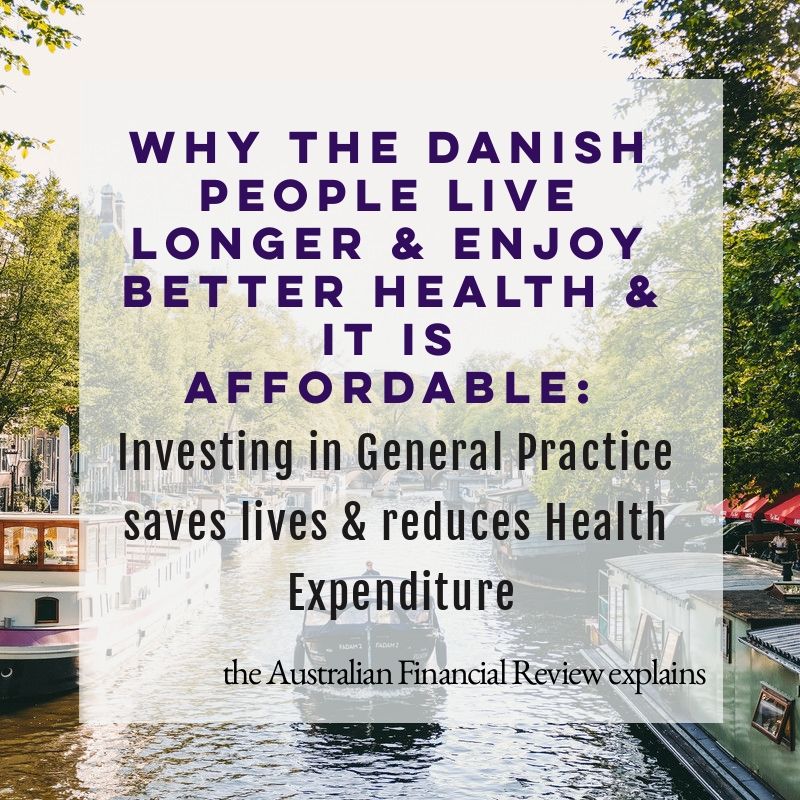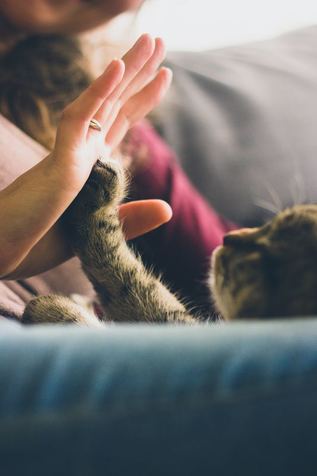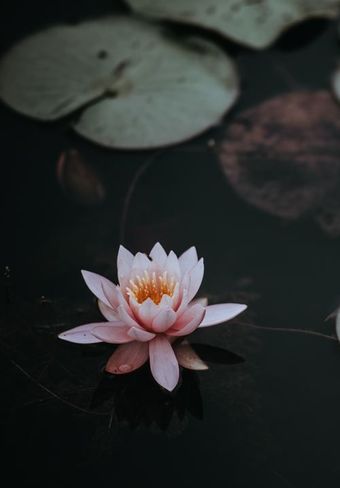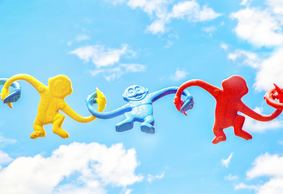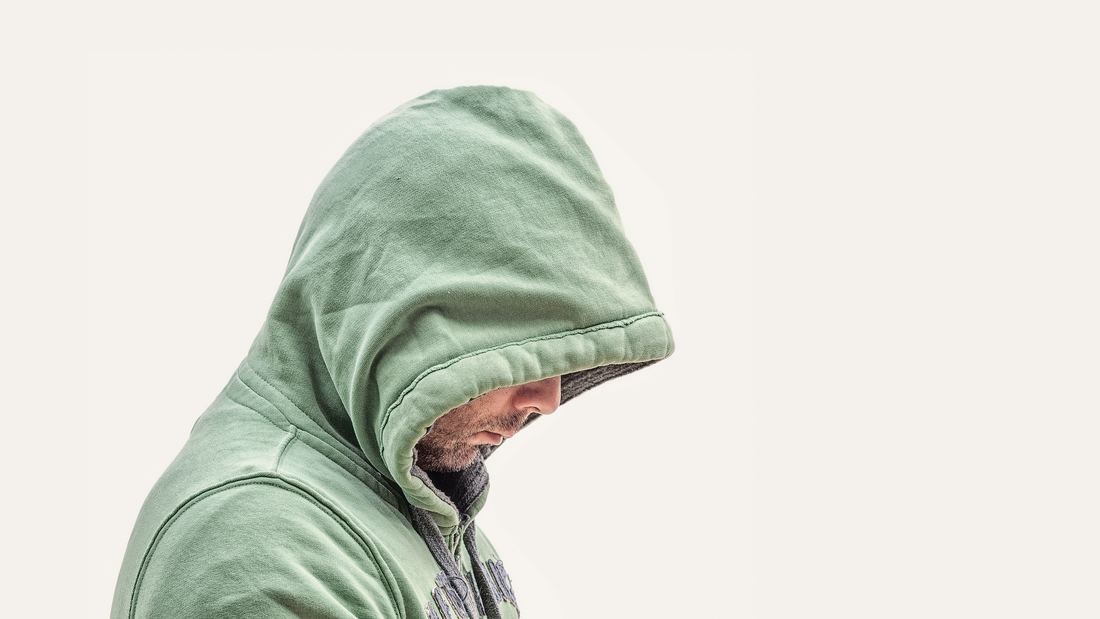SUPPORTING MEDICARE & GENERAL PRACTICE
THE VIDEO LINK |
Dandelion Hypnotherapy is supporting Medicare this Election 2019 and beyond. We have noticed that there has been a lot of talk by our politicians about funding different sectors within Health. Download Images To SHARE |
Did you know that the Petition website can allow you to Share the Petition with family, friends & colleagues? You can send them the Petition Link via Facebook Messenger, SMS, Twitter & Email. Feel free to include a download of our images to help convey the message. |
www.linhtamdoan.com continues to be our main website
Dandelion Hypnotherapy Blog aims to provide supportive commentary for gaining the most of your hypnotherapy sessions with Dr Linh Tam Doan. We hope in time to add features so you can join the conversation with comments and contributions.
At present we are only able to post videos from Youtube and other free links which are readily available. We hope they are helpful in reinforcing some aspects of discussion or kindfulness exercises performed during your hypnosis/therapy session however you may prefer to record your sessions with Dr Linh Tam Doan by using and audio-recording app on your phone for instance Rev Recorder as this may be more specific and tailored to you and may incorporate a number of different techniques.
We believe that the skills to produce joyful and meaningful living are learnable.
And interestingly it appears the mindset you have today predicts your future happiness - so this is good reason to start developing these skills today.
Did you know that when researchers Harker & Keltner 2001 looked at genuineness of smiles of women in a high-school yearbook they found that positive emotion expression predicted favourable outcomes in personal wellbeing 30 years later, even after controlling for physical attractiveness and social desirableness?
At present we are only able to post videos from Youtube and other free links which are readily available. We hope they are helpful in reinforcing some aspects of discussion or kindfulness exercises performed during your hypnosis/therapy session however you may prefer to record your sessions with Dr Linh Tam Doan by using and audio-recording app on your phone for instance Rev Recorder as this may be more specific and tailored to you and may incorporate a number of different techniques.
We believe that the skills to produce joyful and meaningful living are learnable.
And interestingly it appears the mindset you have today predicts your future happiness - so this is good reason to start developing these skills today.
Did you know that when researchers Harker & Keltner 2001 looked at genuineness of smiles of women in a high-school yearbook they found that positive emotion expression predicted favourable outcomes in personal wellbeing 30 years later, even after controlling for physical attractiveness and social desirableness?
KINDFULNESSMindfulness paired with kindness. Present moment awareness with an attitude of curiosity, openness and gentle-attention. |
GRATITUDEA reflection on how to grow awareness of love, kindness, open-heartedness, giving and receiving a smile within your life. |
NO mud no lotus: COMPASSIONIt is sometimes said that when we hurt it is like a "hole" in our heart. I think a U2 song lyric says that a "heart that is broken is heart that is open". Others would say that if someone delivers a truck-full of dung to your door, even when you did not order it, and you cannot make it go away, then there is nothing left to do but to dig it into your garden so the flowers and fruit trees can grow. Perhaps you have known someone who experienced hardship but it didn't harden their heart but instead made them more loving, more accepting people that allow you to be yourself when you are with them. Or maybe you have had the opposite experience where someone has not been through any adversity or have been unable to nurture their own heart, they have distanced themselves from the pain you have been experiencing as a result of them being unable to process their own emotions. Maybe you have felt the harm caused by their indifference or inability to understand. You might notice that your emotional pain can have a purpose or meaning - that when you know your own wounds- the tops, the bottom, the inside-out parts of it - you can know it in others. It might allow you to be more connected with another person or even with a group of people. Knowing how you can help yourself might be the most powerful way of knowing how to help others. More on Compassion |
PHYSICALIZING SKILLS
We wish to help build skills for dealing with emotions.
These are usually called "mindfulness skills" but there is more than one approach.
Physicalizing is useful tool which refers to getting curious about the physical sensations of an emotion or thought. It can be useful for getting to know pleasant and unpleasant feelings.
You may wish to ask what does the emotion look, taste, feel or smell like?
Does it have a location, inside or outside the body?
Is it moving or still? Getting larger, smaller or the same size?
Is it hard or soft?
Does it have a colour or a shape?
Can you notice the area around it?
Is it gaseous, liquid, solid or something else?
If it is like a place, what kind of place is it?
Has it taken the form of an animal, monster or fictional character?
Physicalizing can be useful for amplifying pleasant emotions so they are more available to you when you need them most. In fact you may wish to experiment with sending emotions like love, a smile or safety and comfort to areas of your body that might be in need, or a part of your mind, or someone you know.
Curiously, for unpleasant emotions sometimes people can ask themselves what they would prefer the emotion to be like in the same manner? Or is there a preferred situation? Can it be a more comfortable colour, shape, texture, feel, smell, size, quality? For instance the colour pink might be more soothing or picturing green leaves can be healing, or imagining the warmth of the sun can give you energy, or adding cool-sensations here an emotion may be "hot". You may be surprised that your experience of the emotion is not static or fixed but a changing experience.
These are usually called "mindfulness skills" but there is more than one approach.
Physicalizing is useful tool which refers to getting curious about the physical sensations of an emotion or thought. It can be useful for getting to know pleasant and unpleasant feelings.
You may wish to ask what does the emotion look, taste, feel or smell like?
Does it have a location, inside or outside the body?
Is it moving or still? Getting larger, smaller or the same size?
Is it hard or soft?
Does it have a colour or a shape?
Can you notice the area around it?
Is it gaseous, liquid, solid or something else?
If it is like a place, what kind of place is it?
Has it taken the form of an animal, monster or fictional character?
Physicalizing can be useful for amplifying pleasant emotions so they are more available to you when you need them most. In fact you may wish to experiment with sending emotions like love, a smile or safety and comfort to areas of your body that might be in need, or a part of your mind, or someone you know.
Curiously, for unpleasant emotions sometimes people can ask themselves what they would prefer the emotion to be like in the same manner? Or is there a preferred situation? Can it be a more comfortable colour, shape, texture, feel, smell, size, quality? For instance the colour pink might be more soothing or picturing green leaves can be healing, or imagining the warmth of the sun can give you energy, or adding cool-sensations here an emotion may be "hot". You may be surprised that your experience of the emotion is not static or fixed but a changing experience.
A NOTE ON POSITIVE PSYCHOLOGY"There may be times that you wish to pull the weeds from the garden but this is not always necessary. If you water the flowers, plants and trees in your garden the weeds can be overwhelmed."
There is some research to support that if you are just simply played a video that makes you feel happy, when asked what possible solutions there are to an imagined problem, you will list more diverse and broader solutions.
This is probably of no surprise to any of us- when we feel good - we make better decisions. What is more interesting is that there is some research to show that if on one week you are feeling good - this predicts that 5 weeks later, you will probably feel even better. This is called a positive spiral and it is good news to anyone in a negative spiral! So research is getting around to showing what mystics have known for some time: that if you look after your mind, good consequences will follow - even if it means we simply suffer less in adversity. Researchers have studied Gratitude (under research conditions this means keeping a diary of good things in your life that you appreciate) and noticed its positive effects on quality of life and improving the wellbeing for people living with cancer. View Youtube videos which explain why we need to practice Gratitude to overcome our natural tendency for experiencing loss, criticism more than gain and praise and why we should look for happiness that is already available to us now if we want to perform better, be happier tomorrow. |
DROPPING THE STRUGGLE"If you find yourself pulled into a rip-tide, struggling against the tide wastes energy- instead we can relax, even enjoy the ride out to sea - then we have the strength to swim to shore."
Do you notice your struggle with your thoughts or feelings? You might reflect on whether you have a particular style for example when you cut your finger.
It's why they call the heart "tender" because it can hold pain and love at the same time. In the same way that grief for something lost represents our value for what we love, if we don't know our grief we actually don't know what it is we loved fully. It is good news that when our mind is in turmoil that in order to let it rest we can simply allow it to be still. This is a bit like trying to hold a glass of water still in your hand - after a few minutes or hours you will find your arm becoming very tired. But instead, it only takes a bit of skill and wisdom to put the glass of water down on a table to rest: it will settle naturally, without any effort. |
SHAME"I'm not good enough"
In a roomful of therapists not one person could put their hand up and say they had never had the thought that they were a bad therapist.
Everyone has some version of this: "I'm a bad mother", "a bad student", "a bad son" or "they'll find out, and then I'll lose everything" which is called Imposter syndrome it is so common. Shame is the feeling that there is something inherently wrong with us. It is a natural evolutionary imperative that people in a tribe or group be punished when one of us falls out of line so as to protect the group. So shame has a purpose - some part of us want to be a better mum, a better student, a better son. Probably the stronger the emotion of shame the stronger our wanting to be better. You may wish to ask yourself about what it means to be "better" - most people are too hard on themselves and ignore their good aspects whilst focussing only on their faults. It can sometimes be useful to acknowledge some good aspects within us and also around us (gratitude) and form a more balanced view. It can also be useful to realise that we are multifaceted people - no story is the full story. "Your Mind The Documentary Maker" is an analogy borrowed from Russ Harris an ACT therapist and it goes like this: You can watch a documentary about Africa and it might be about the animals and sunsets, and another documentary about poverty, war and AIDS and yet another documentary about smiling children and families - but none of them represent the true Africa. Even going to Africa, living there is just one viewpoint, a story and pales in comparison to the actual thing. So why then do we have to "buy into" the story or believe 100% the story that we are "not good enough"? Can we have these normal thoughts and feelings playing like a bad radio station and not necessarily listen into it? Visit our page on Compassion to find Youtube videos by Brene Brown about Shame. |
